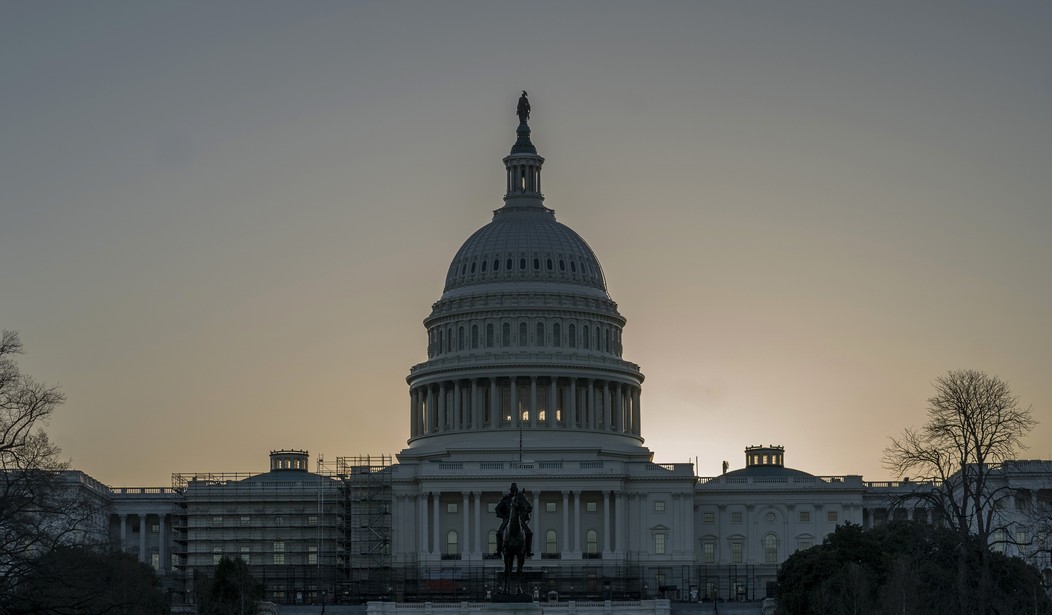Earlier this week, tens of millions of Americans and businesses filed their tax returns with the Internal Revenue Service (IRS). As we all know too well, tax preparation is never an enjoyable experience, but this tax filing period was uniquely frustrating due to Congress’ months-long tease of passing a $78 billion tax cut for families and small businesses. Unfortunately, Tax Day has come and gone without the passage of a bipartisan tax bill, the Tax Relief for American Families and Workers Act (TRAFWA), which is no doubt a blow to millions of taxpayers who were looking forward to some amount of tax relief. Despite the bill being in limbo post-April 15, the Senate shouldn’t give up; it’s never too late to deliver tax cuts for America’s small businesses.
As background, the TRAFWA passed the House on a strong bipartisan vote at the very start of tax season, with almost 360 votes. In today’s hyper-partisan political landscape, it is rare for so many members – from the Freedom Caucus to the Congressional Progressive Caucus – to find areas of agreement. Unfortunately, when the $86 billion tax cut landed in the Senate, it was met with surprising opposition from Republicans. This delay has caused some small businesses to wonder: aren’t Republicans supposed to be the party of cutting taxes?
The TRAFWA includes a tax cut for working families by pegging the Child Tax Credit (CTC) to inflation and enhancing its refundability. This will no doubt be an area where Republicans will need to give a small amount in order to usher in continued small business tax relief next year. Slightly increasing the CTC means giving families some extra breathing room to deal with the financial strain caused by this administration’s inflation crisis.
For businesses large and small, the TRAFWA would deliver important pro-growth tax incentives that were altered in recent years. In fact, this bill builds on the success of the TCJA by restoring full expensing for equipment (Section 168(k) of the Internal Revenue Code) and R&D expenditures (Section 174) and increasing the deductibility of interest and amortization costs (Section 163(j)). The bill makes much needed improvements in restoring Section 179 expensing and increases the exemption over which businesses will be required to disclose digital transactions.
Recommended
Taken together, the package of business-side tax provisions will mean enhanced job creation, economic growth, and innovation. This means a greater competitive advantage against our economic competitors across the globe.
But these benefits could be lost if the Senate – namely Senate Republicans – don’t come to the table to negotiate or support the bill in its current form.
At the same time, there could be significant fallout if the TRAFWA is voted down or not taken up for a vote due to a lack of front-end support from Republican Senators. Firstly, the media will ultimately blame Republicans for killing a bipartisan tax bill that includes a plus up of CTC for middle class families. The talking heads in the media, but more importantly voters in swing states, would cast the blame on Senate Republicans for the bill's defeat, making it a campaign issue for Democratic Senators in tough races.
Aside from the political consequences, killing an innocuous bipartisan tax bill could poison the well ahead of next year’s reauthorization of the Tax Cuts and Jobs Act (TCJA) which is a consistent and growing concern for family businesses. House Ways and Means Chairman Jason Smith and Senate Finance Committee Chair Ron Wyden each acknowledged the strong working relationship when crafting this bill, which is important since both will be key players in the tax debate in 2025. TRAFWA was supposed to be a test drive of this crucial effort, not a crash test dummy.
It’s also a mistake to assume, as some Republicans have pointed out, that we can get a better deal next year if Republicans win the White House, Senate, and House of Representatives – no small feat. Congress has the opportunity to cut taxes right now and to do so retroactively for small businesses, delivering immediate relief. Washington often spends too much time and energy debating tax increases, and it's refreshing for a tax cut to be a live-fire exercise. Even if the bill isn’t perfect, which it isn’t, tax writers should take the half loaf now and come back for the rest after the political dust settles in January 2025.
The Tax Cuts and Jobs Act had a tremendous economic impact when it was passed in 2017. Democrats coming to the table to extend some of the law’s key provisions is evidence of that, particularly on the business-side provisions.
Senate Republicans proudly tout the prospect of returning money to the pockets of individuals, small businesses, and corporations through tax reform and can do so on a limited scale immediately. Tax Day may have passed, but any day is a good day to put tax dollars back in the pockets of families and small businesses. Senate Republicans, let’s not waste this golden opportunity to deliver relief and to help set the stage for a much needed permanent extension of TCJA next year.
Palmer Schoening is Chairman of the Family Business Coalition (FBC), a collection of over 150 associations dedicated to protecting America’s family owned and operated businesses.
























Join the conversation as a VIP Member